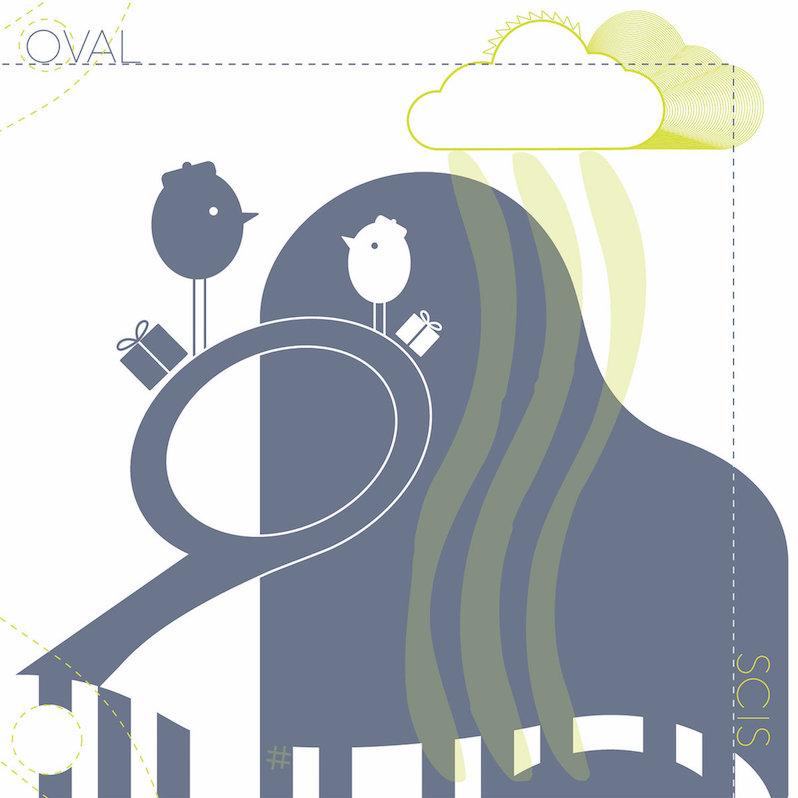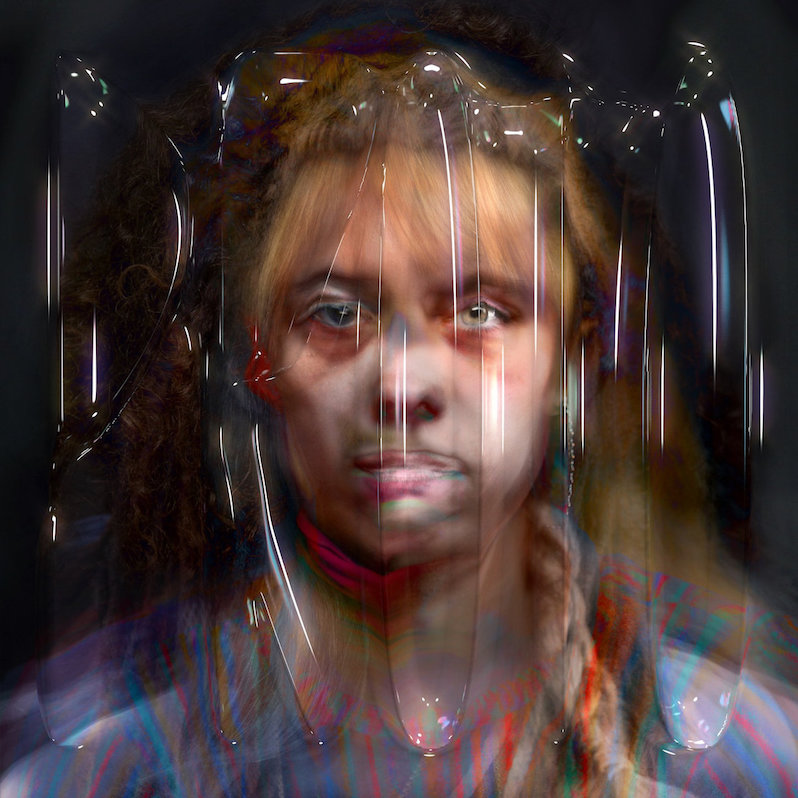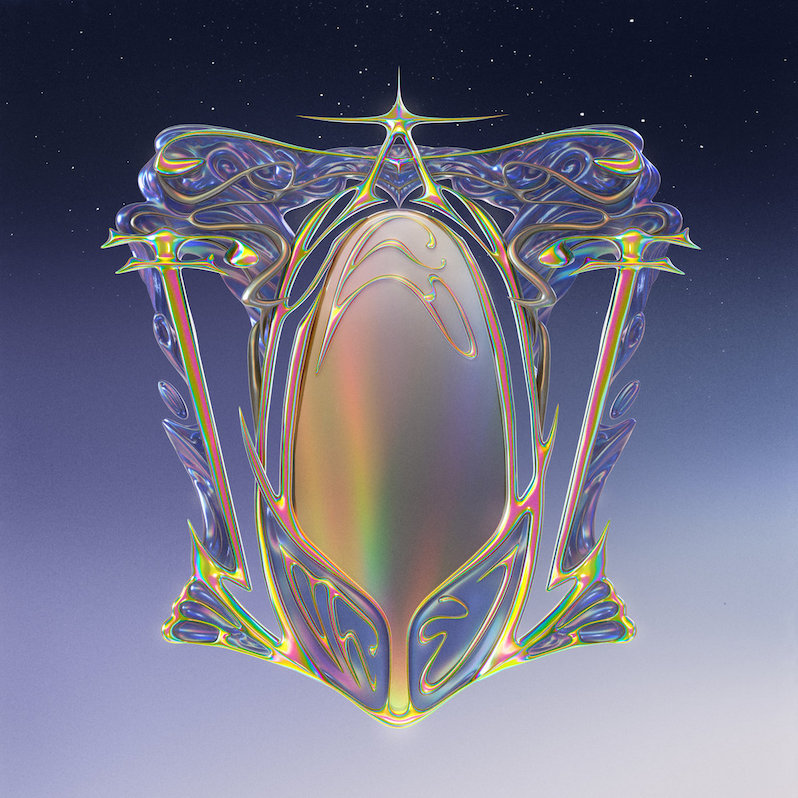Matmos : Regards/Ukłony dla Bogusław Schaeffer

Matmos have always balanced concerns of pop with academia and the avant-garde. This is the source of their continued power, feeling more often like an extension of the research wing of figures like Bruce Haack than clear and obvious electronic pop producers, mapping the connective tissue between the furthest reaches of academic electronic music and the immediacy of the pop fruits it delivered to the world. This relational aspect of their music, feeling perpetually displaced into the curious space between sonic worlds rather than being a devotee to sonic worlds themselves, leads to an amorphous character that drives each new project from the group; their records over the past two decades have swung as wide as kitsch pop to contemporary classical scored with modern percussion to avant-garde soundscapes about plastic to multiple records crafted from found-sound sources, including a 40-minute suite based off of their washing machine.
Regards by comparison is a relatively simple record, an ode to Polish avant-garde composer Bogusław Schaeffer with each piece being derived from but not a replication of one of his works. The end result is something akin to a musical Markov chain, deliberately building out newly composed works using the building blocks of sonic ideas, sounds, rhythmic structures and melodic figures from previous work; within the realm of the avant-garde, this process becomes ever more abstracted and thus ever more fruitful, with these pseudo-replications being a way of learning the interior process of a composer and how ideas are shaped and wielded with and against one another. The resulting work is pleasingly alien; Matmos retain enough of the native DNA of Schaeffer that Regards doesn’t come across feeling like a standard Matmos record. The pseudo-Deutsche Grammofon logo on the cover, one that will be well-known to listeners of classical and orchestral works, is a cute nod to the formal conceit of the record; the notion of these being Matmos’ conducting of Schaeffer’s work feels like a fitting metaphor for the transformative process they put these works through.
There is a perverse alienness to these works, one that brings to mind works like The Street of Crocodiles, a book of short stories by Bruno Schulz, or the short films of the Quay Brothers or the abstract post-nihilist cinema of Andrei Tarkovsky. The emotional timbre of these pieces feels both undeniably present but unidentifiable, like witnessing new colors you don’t have words for. There is euphoria and danger, madness and lust tinged with sadness and decay. Things at once feel old and new, not in a retrofuturistic sense but in a hauntological one, an image of a dead future denied to us or some half-biological resuscitated past long buried. There is something vaguely aggressive and threatening about Regards, but this sentiment is mitigated by the strange alien joy across it as well. It’s worth commenting as well that these sentiments don’t feel embedded in the playing as much as the witnessing. To their credit, Matmos play each piece with a full sense of sincerity, clearing living inside of and embodying these pieces fully and without ironic detachment, as any conductor of previous works should do. It is simply their deliberate lack of clear emotional throughline or entrance that renders these pieces so bizarre and alien.
It feels, however, that this sense of the alien is the point. It’s not unlike the first time you hear Indian classical music, or Persian classical music, or the continental breadth of African folk music, on and on; the first sense is not necessarily of the beauty but instead of the vastness of the world, that all the paradigms of composition and performance you had taken for granted and assumed as universal are in reality but a narrow window of all the possible constructed sonic worlds. Those sensations of beauty and emotionality rise up in the wake after, as you become more literate in the musics of the world and thus more capable of parsing the various complex emotional images layered their playing. But first is that alien wonderment, that tantalizing sentiment that we are merely at the window looking out over all the possible musics that can be made. This, too, is the function of the avant-garde and of experimental music broadly; it is less to always be the prescribed shape of future music and more often to be the motivating image of all the new and different shapes that can be made.
Regards also feels like a loving act, a dedication to a lost composer made and transmitted to a world that sometimes presumes a greater literacy than they have. There are many fans of Throbbing Gristle and Coil in the world, and for good reason (being two of the greatest 20th century groups), but there are likewise too many that believe whether explicitly or implicitly that their innovations began with themselves rather than belong to a lineage. We see this subcultural severing occur often, where the moment of creation as celebrated by a subculture is more realistically the earliest moment where they care about something’s development, such that groups like the Ramones or Black Sabbath or King Crimson find even they can’t convey the years and decades of earlier work that informed and developed them. Regards by this token doesn’t need to be the greatest Matmos record, and to be clear it isn’t; instead, all it needs to be is a capable ode to the history of the field Matmos have devoted their careers and professional efforts, a loving tie to the past of a form brought to life within the present rather than presented as an already dead object. It is in turn this well-rounded studiousness on the part of Matmos, this record following a spate of hyperactivity in 2020 that included a three-hour experimental record, a 43-minute emotional dance record and a set of hardcore covers, that endears people like me to them so much. Regards doesn’t seek to become the star of their discography but instead fill a role, finding a space of history and connectivity not yet fleshed out and to do that work. As a result, it becomes a satisfying and enriching part of their overall body of work even if it doesn’t displace their very best from its throne.
Label: Thrill Jockey
Year: 2022
Similar Albums:
Langdon Hickman is listening to progressive rock and death metal. He currently resides in Virginia with his partner and their two pets.




